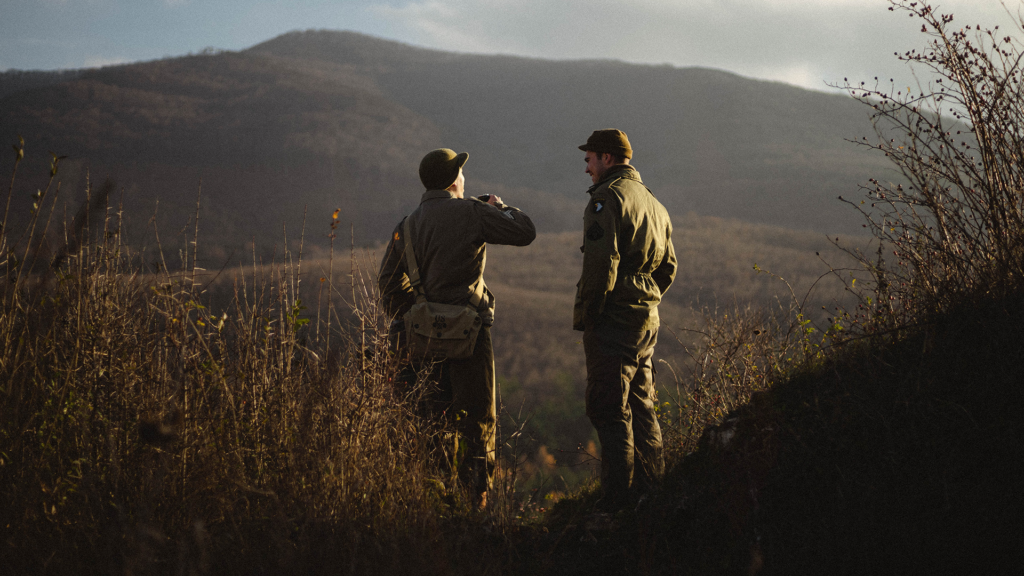by MARSHALL BONE
Summary: Hunting is a sport you can never fully master. But, by incorporating a few tips and tricks into regular routines, you can improve your game measurably. It’s a matter of understanding the animal you’re hunting, mastering your hunting equipment, and becoming an expert on the environment in which you’re hunting. Over time, you’ll move more stealthily, shoot more accurately, and, of course, hunt more successfully.
Every successful hunter has their own set of tactics and strategies they use out in the field.
Some may insist it’s all about the time of day you set out. Others will tell you it’s how deliberately you move through the environment. No matter what you’re told, however, a common theme will always pervade: it’s important to practice.
Of course, hunting is more than just pulling back and firing your crossbow or pulling the trigger of your rifle. If you’re looking to develop as a hunter, here are a few tips to help you improve your craft.
1. Become An Expert On Your Prey
Before making a trek into the woods, it’s important to first take a step back into the classroom.
Regardless of what game you’re hunting, it’s critical to understand their behavior. Learn how they move through the forest. Teach yourself what they eat and how they react to foreign sounds. Then, once you start to grasp who the animal is and what makes them tick, research what equipment you’ll need to make the hunt a successful one.
We don’t usually associate hunting with research, but the most effective way to hunt is to know your game. You’ll be thankful you did your homework when you take down the big one.
2. Master The Tools Of Your Trade
Now that you’re knowledgeable of the game you’re pursuing, it’s time to make sure you have a grip on your equipment.
Let’s say, for instance, you recently bought a high-tech crossbow. You’ll want to first take it out to a range to give it a test run. Spend time getting your eyes adjusted to the new scope. Get a feel for how hard you’ll need to pull back every time you hope to fire. Try to get a sense of how much you need to account for wind resistance when aiming.
Make sure to test out any other equipment you typically bring along, as well. This could include binoculars, clothing, and tools you might need to make any quick fixes to your crossbow.
3. Try Small Game Hunting
 Deer hunting and bear hunting are an exercise in patience. Even the best hunters have spent days in the woods without seeing one.
Deer hunting and bear hunting are an exercise in patience. Even the best hunters have spent days in the woods without seeing one.
While patience is certainly a virtue, a day without seeing whatever animal it is you’re hunting is a day without practice. With small game hunting, in contrast, you’re much less likely to come up empty. Squirrels, rabbits, ducks and pheasant, among others, are common sights out in the forest. This leads to a fast-paced, action-packed day of hunting. You’ll more than likely get a few shots off during the day — as well as some fantastic meals. There’s no substitution for live practice.
Small game hunting is the ideal next step after testing out your equipment at the target range. If you’re hunting with a firearm, it’s the perfect opportunity to try out your new guns and equipment.
4. Spend Time Out In The Woods Without Your Gun Or Crossbow
We’ve already established how important it is to understand the animal you’re hunting and how your equipment operates. It’s just as critical to know the environment.
It may be tempting to take your trust bow or rifle out in the woods with you. When you do, though, it completely changes your perspective. You’re focused on spying the next deer or bear, not on the environment itself.
During the offseason, plan to spend a day out in the woods becoming one with nature. Look for markings on trees indicating the presence of the game you usually hunt. If you do have the fortune of seeing a deer or bear, watch it from afar to see how it interacts with the environment. You can use this information to plan your next hunt.
While a day out in the woods during which you have no chance of bringing home a buck might not sound thrilling in the moment, you can feel confident it will pay off in the future.
Practice Makes Perfect
Hunters are patient people. Spending a day out in the cold or heat with no guarantee of bagging a bear or buck requires that level of patience. So it should come as no surprise hunters are willing to put in the work to improve at the sport they love. Investing just a few hours a week in mastering the art of hunting will pay dividends in the future, so start now.







